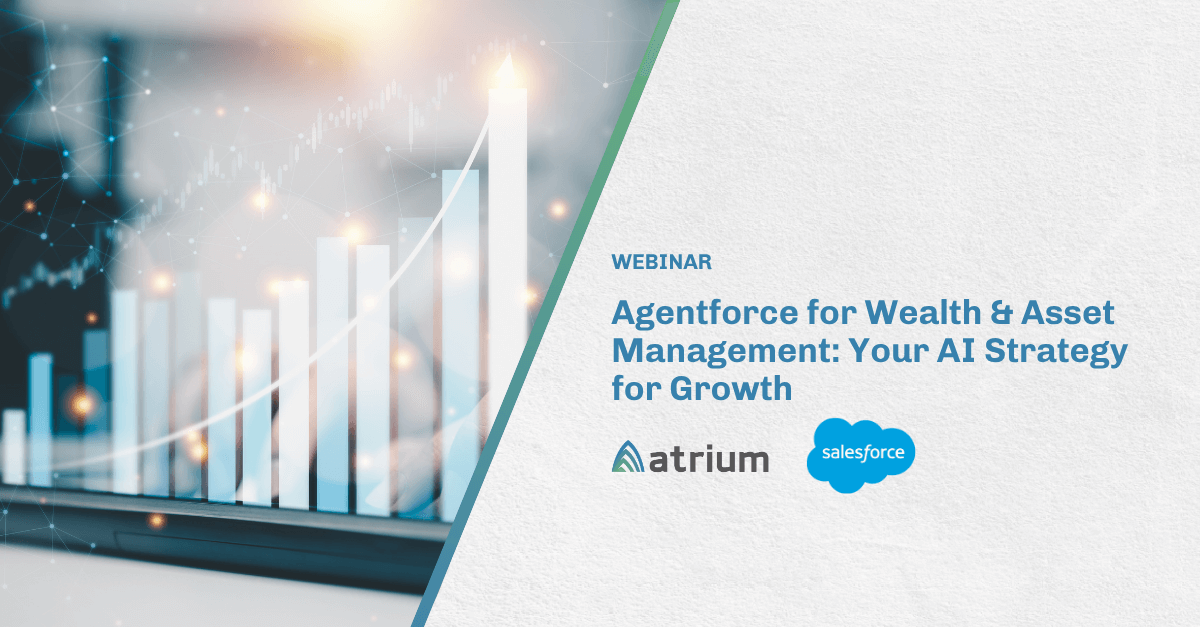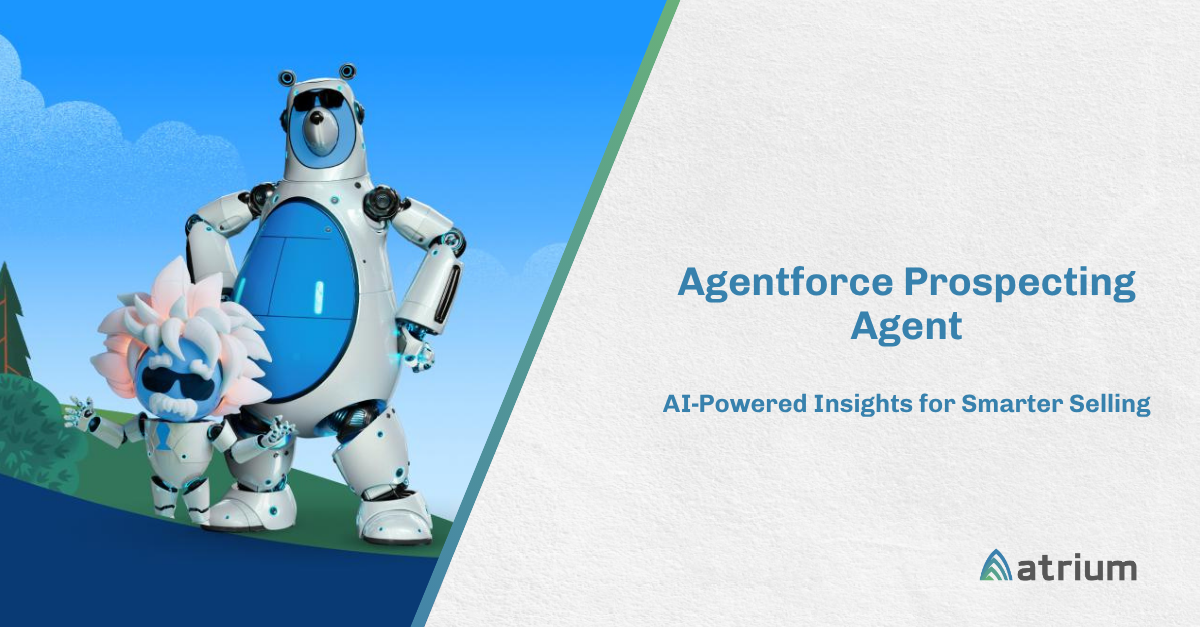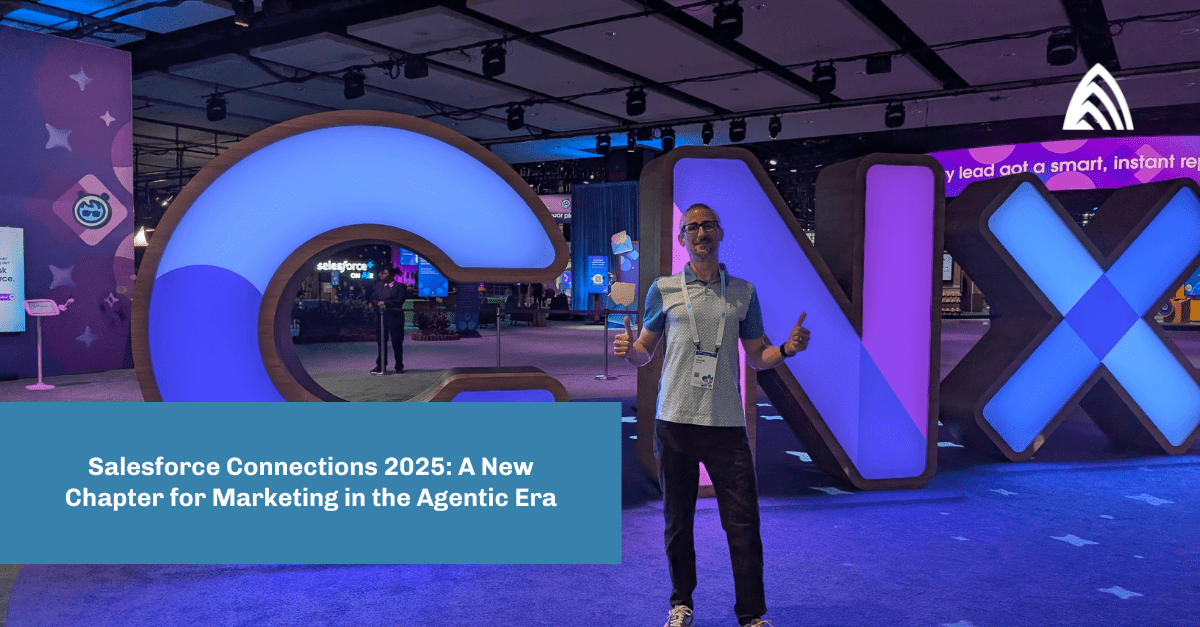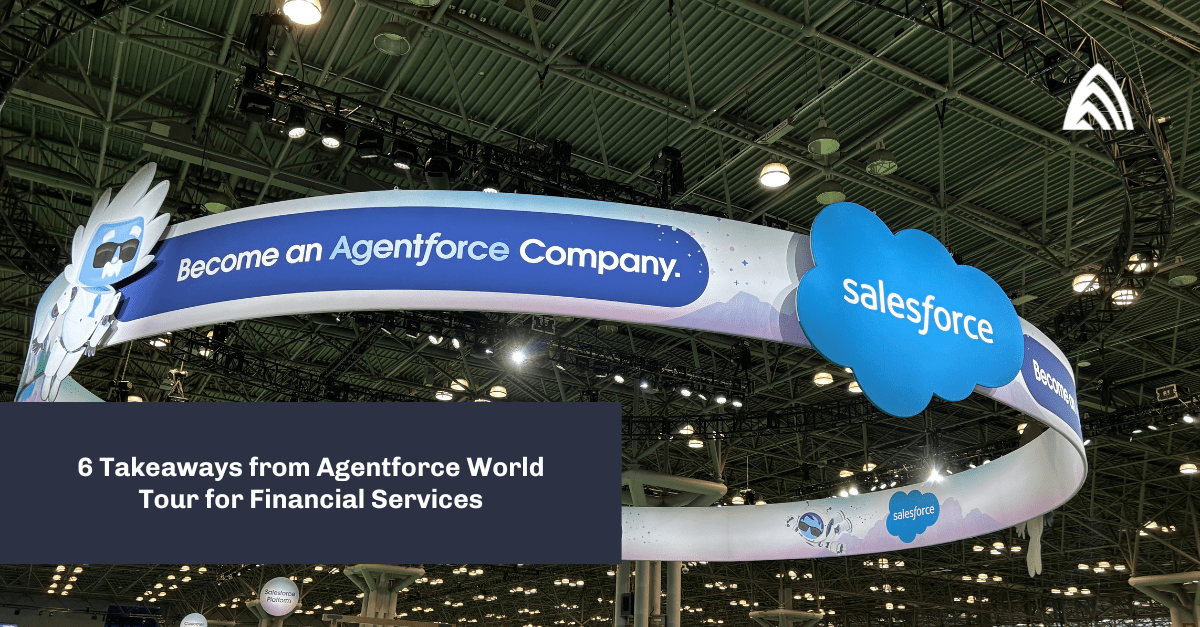Contributors: Braden Larmon, Rick Arnett, and Patrick Scherder
Salesforce Data Cloud is an evolution of Salesforce CDP that more completely connects Salesforce and third-party data. This will enable a true 360-degree view of the customer and personalized engagement at scale — essentially helping you get more out of customer data across multiple Salesforce orgs without heavy ETL and many headaches.
Salesforce spring ‘23 release: looking ahead at Salesforce Data Cloud
Here are the areas we are most interested in for the upcoming Salesforce Data Cloud spring 2023 release, as well as a quick guide of commonly used terms. How can you take this new capability forward?
Accelerated queries with Tableau
Get live interactive analytics and simplify the connection to data, reducing the queries or extracts to get the customer data you need. Now business users and analysts can have an even deeper reach into customers’ data at an increased speed (i.e., 5x faster on average query time). This is enabled by the Hyper query processing engine, which allows for lower latency on new data and a reduced cost to serve. This data connection is available for customers leveraging Tableau Cloud or on-premise environments. (Desktop and server require JDBC driver.) Customers can drive more insights, through a live connection, with action from within their Data Cloud. Note: Query usage will be consumption based!
Open data platform with data federation way between Snowflake (zero copy)
For Atrium, as a partner to both Snowflake and Salesforce, this is one of the most exciting developments for us; this will accelerate the value you gain from data by leveraging the architecture of all your enterprise data in Snowflake and blending that with unified customer data.
Bring your own model (BYOM): AI and machine learning
BYOM via AWS SageMaker, with additional platforms coming shortly. This allows you directly access to Salesforce data, without the use of ETL — minimizing the need for data wrangling. This is a bidirectional connection that updates as data within Salesforce does. Features can be built either in Salesforce Data Cloud or in AWS. You can now feed the results into a Data Model Object and then determine where these results appear within Salesforce through API and Flow for actionability.
Calculated insights
New features that simplify the extensibility to update, run, and delete APIs. These calculated insights allow you to pull from multiple dimensions of a customer and start to apply engagement score and churn rates at the profile, segment, or population level. This release will allow for additional control, yet there are still some limitations (i.e., how many times you can evoke it). These additional capabilities are available via Salesforce Flow. Note: Since it is available via API, you can access this schema programmatically somewhere else. So some other code/business logic can better understand what exactly the shape/meaning of each calculated insight is for better inclusion in that other business process.
SFTP
You read that right. Albeit older technology, it still works and is secure and many customers still use this method. SSH is being used to make sure data is encrypted.
Automation
Orchestration to have data streams (i.e., finish and then only trigger ID resolution and then trigger calculating insights) is possible with the workflow orchestra via events and API calls. Change data trigger action, in pilot, allows you to detect changes that are either static or streaming data. This allows data changes to trigger and inform downstream systems to take different actions.
Data spaces (and Data Cloud for Tableau Starter Pack)
This one we’re excited about due to what’s possible for the future for data segregation in Tableau that will be available in GA. Today, the functionality has great features for organizations with multiple brands, over different regions, with multiple products to control access for customers leveraging Salesforce CDP and Marketing Cloud.
As the tool evolves — and it’s doing so very quickly with minor releases every two weeks — you can now act on real-time data, create intelligent audience segmentation and run analytics on this data to drive your revenue, faster. The release of the Data Cloud for Tableau Starter Pack ($108K) is based on either Marketing Cloud, Tableau, or Platform (April 1 release). This allows you to experience the value of Data Cloud for unifying and harmonizing your customer data (and with or without Marketing Cloud CDP).
The commercial model is based on consumption. So it is critical you start with a defined use case. With the consumption-based model, you can scale up and down based on your business, which is an appealing upside, especially as every organization is focused on efficiency and reducing technical debt. The pricing can be tricky for buyers newer to this model. The main takeaway is that the purchased credits are fungible, giving you the most flexibility. It will be important for customers to engage with their data and IT teams to determine where this new platform offering weaves into the enterprise architecture.
For reference: important terms to know
- Data Source Object: Aka a flat file
- Data Lake Object: The data that is transformed and actually stored in the data lake
- Data Model Object: Can be a CIM object (e.g. Case, Individual, Account, Product, Contact Point Email) or materialized ones (e.g., Unified Individual, Computed Insights, transformations)
Adopting Salesforce Data Cloud: the benefits of partnering with experts
Our data engineering and Salesforce experts advise our customers daily to ID use cases, data volumes, transformations, etc. and ultimately ensure a streamlined, faster time to value. By adopting Data Cloud, you will be able to outpace your competitors by delighting customers and reaping the benefits of Salesforce data that was otherwise arduous and time-consuming.
Connect with Atrium and our team of Salesforce and Snowflake certified consultants and our machine learning and data engineering experts to help you determine where to start, when, and how much you should invest to see value in the evolving Salesforce Data Cloud.








